Partners
The 21st century development of disaster response in Georgia has shifted from the previous capacity building approach to a capabilities approach that has placed more emphasis on the healthcare community rather than just first responders. Initially this progress involved hospitals conducting the majority of their preparedness activities within the confines of their own infrastructure and seldom involved the community at large. The Mutual Aid Compact for a regional hospital system was a major step and resulted in the establishment of the Regional Coordinating Hospital (RCH) System, with one hospital designated as the RCH lead in each region, expected to coordinate regional responses with other hospitals (about 172 in GA).
In response to the HHS 2012 coalition concept, GA was able to build on the functioning RCH system to create coalitions that now include all healthcare organizations: nursing homes and other long-term care facilities, hospice and home care organizations, behavioral health providers, dialysis clinics, federally qualified health centers, military installations, volunteer and nonprofit groups, EMS providers, Veterans Administration hospitals, local emergency management agencies, fire departments, and law enforcement agencies. Healthcare Coalitions are the foundation of healthcare preparedness and response activities.
Our Partners
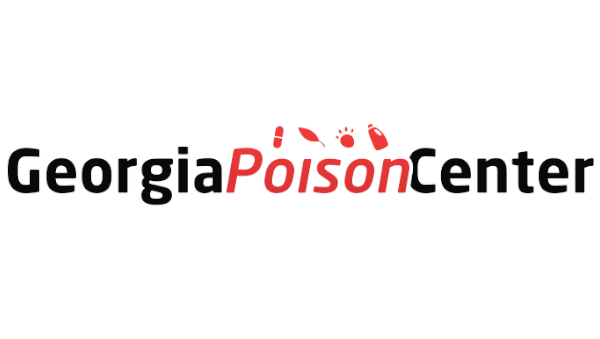
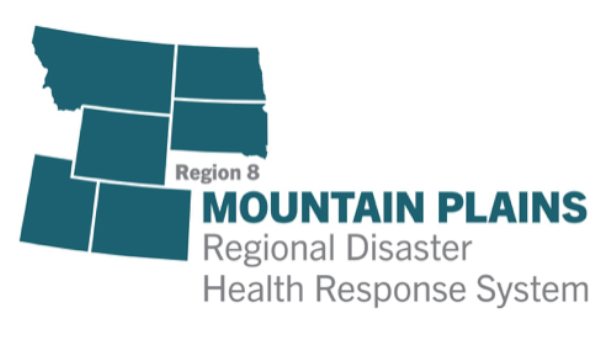
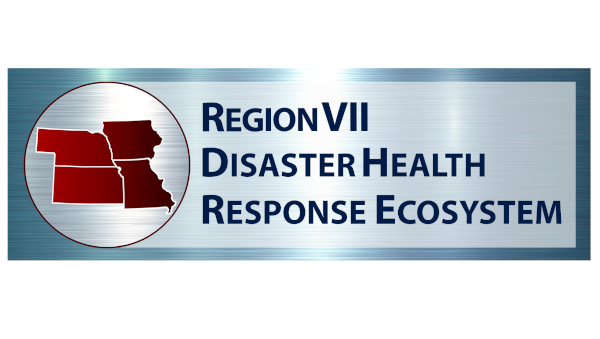
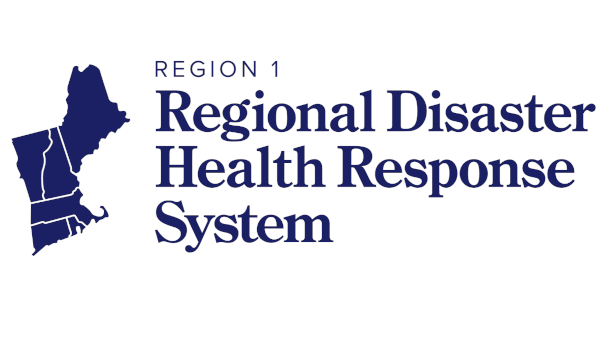
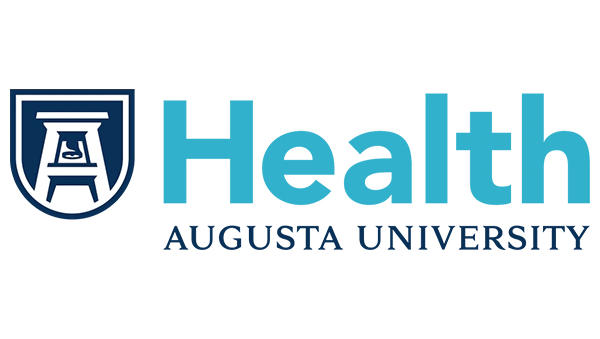
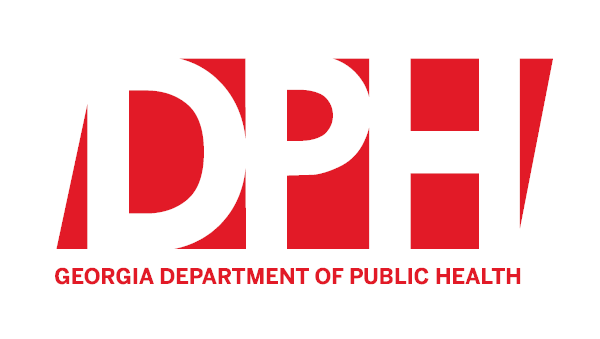
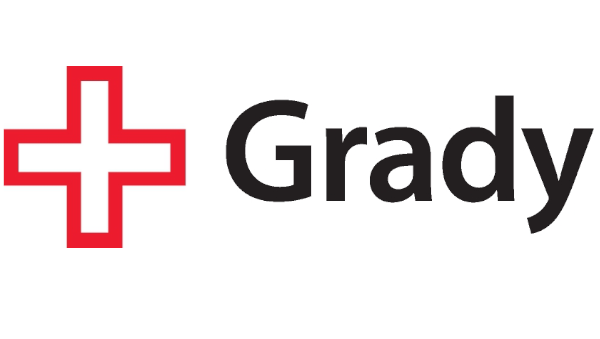
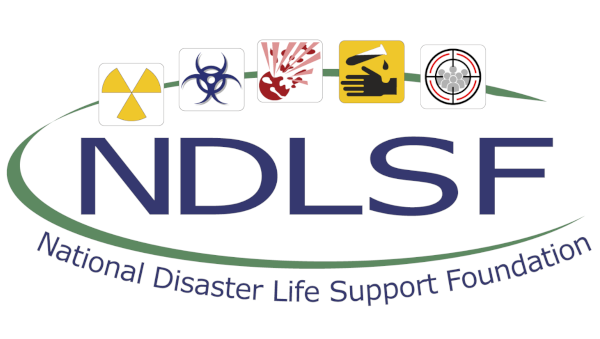
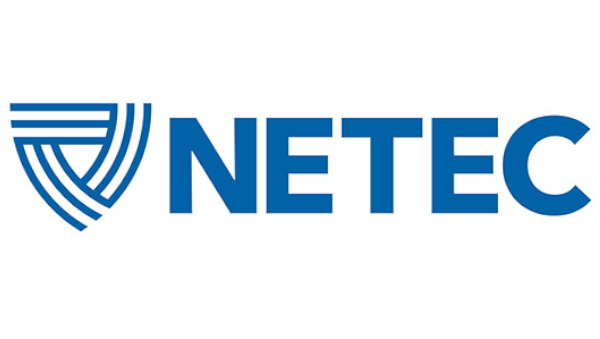
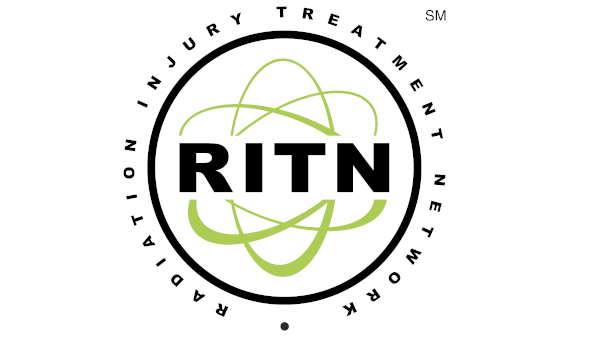
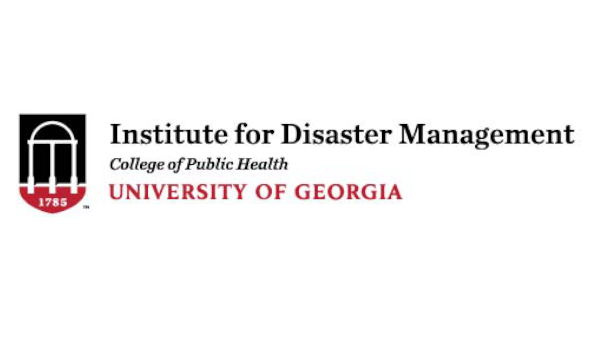
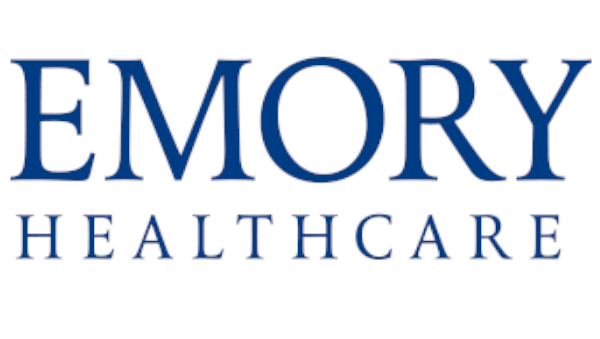
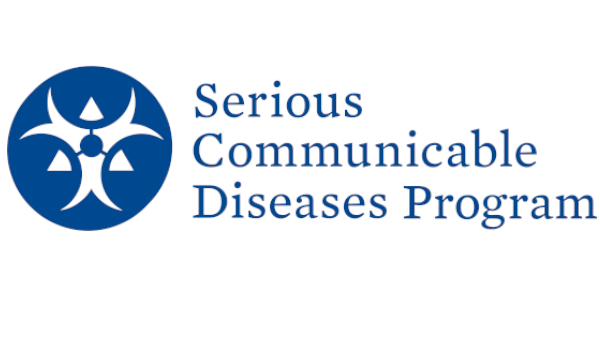
For the last decade, SRDRS partners have conducted ASPR-funded discussion and operations-based exercises involving virtually all of the approximately 137 hospitals and over 500 additional healthcare coalition stakeholders in the State of GA. This collaboration between the GA Department of Public Health, Augusta University Health System, Emory University/Emory Healthcare, and the University of GA has been the impetus behind integrating planning with community stakeholders and understanding threat analyses in order to be prepared for events at the top of the hazard vulnerability analysis.
Working to develop the systems to be employed in this proposal, the healthcare coalition partners have followed the SRDRS leaders via multiple modalities, including participation via interoperable communications systems, and utilizing simulation cells to fulfill the role of missing participants. The leadership within Regions D (Grady/Emory in Atlanta) and G (Augusta University Health System) are a central axis of collaboration between the major urban centers and rural areas across the state.